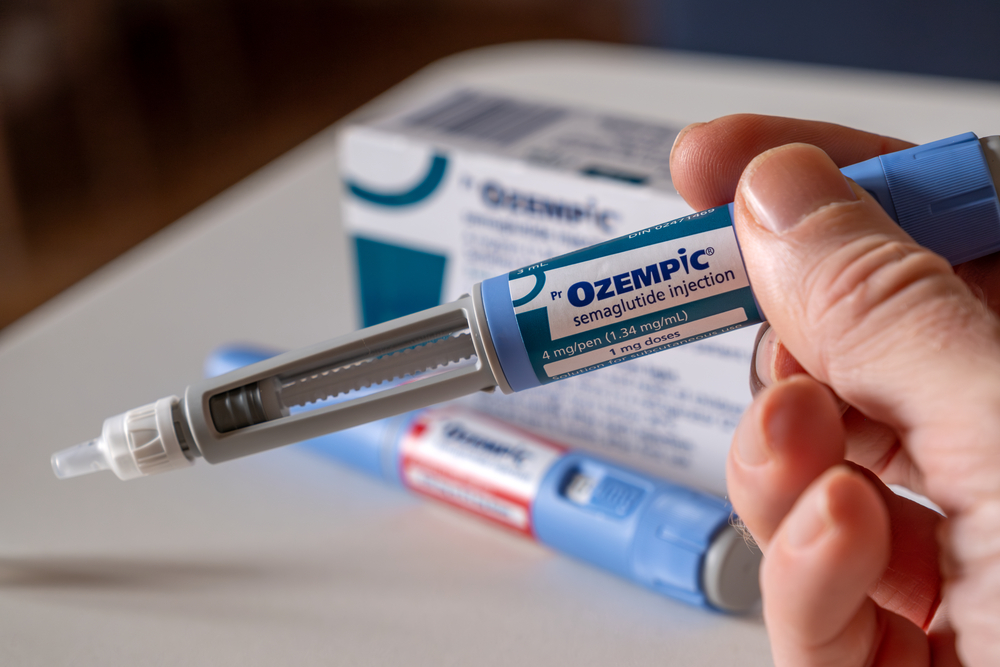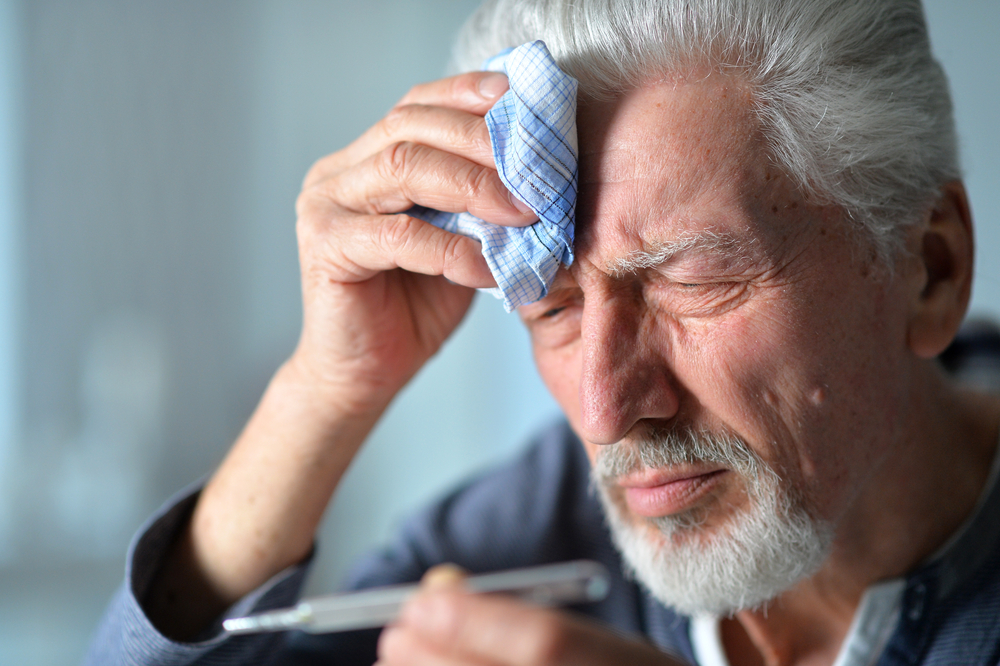 The evolution of social media over the last decade has allowed people to express themselves in countless new ways and connect with others from all walks of life. This is particularly true in the realm of personal health. Up until fairly recently, one’s health was thought of as a private matter whose details were only shared with a trusted physician, family members, and perhaps close friends. For many people, this is still the case. Millions of others, however, use the internet to transcend the feelings of isolation and fear that often accompany an illness. The knowledge that others are also suffering provides comfort—and hope.
The evolution of social media over the last decade has allowed people to express themselves in countless new ways and connect with others from all walks of life. This is particularly true in the realm of personal health. Up until fairly recently, one’s health was thought of as a private matter whose details were only shared with a trusted physician, family members, and perhaps close friends. For many people, this is still the case. Millions of others, however, use the internet to transcend the feelings of isolation and fear that often accompany an illness. The knowledge that others are also suffering provides comfort—and hope.
The ongoing controversy surrounding Essure, a permanent, non-hormonal birth control device, illustrates the ways social media forges bonds between complete strangers. As consumer health website Treato discovered, within months of the FDA’s approval of Essure in November 2002, women in online forums began discussing abdominal pain and various other side effects caused by the device. Based on conversations with their physicians, most of these women were under the impression that their experiences were unique. They gave their physicians the benefit of the doubt because Essure was still a new procedure.
By the end of the decade, after news outlets reported that the FDA had received thousands of reports of adverse events related to Essure, women who had been harmed by the device realized they were not alone. Far from it, in fact. In health forums and on social media sites, they found other women who understood what they had been through, and were just as angry and hurt, physically and emotionally.
From debilitating pain to miscarriages, Essure had altered the course of these women’s lives. Who was going to be held responsible for all of the women living in “E-hell,” as the experience of an Essure implantation gone wrong came to be called? At first women blamed their doctors. They should have informed patients of the risks and been more knowledgeable about the possibility that some women would have allergic reactions to the nickel components found in the device. As patients saw it, their doctors had been negligent and were now saying anything to avoid malpractice suits.
Eventually, women turned their anger towards the FDA and Bayer, the pharmaceutical giant that had taken over Essure’s original manufacturer, Conceptus Inc. In November 2015, about 20 women, many of whom had met through a prominent support group on Facebook called “Essure Problems,” spoke before a panel of FDA representatives at a special hearing held to review safety concerns about the device. Here was the virtual power of social media brought to life.
The “Essure Problems” representatives hoped that by telling their stories, all of them heart-wrenching, and having a number of health experts present to back up their testimonies, they could convince the FDA that Essure was unsafe and needed to be pulled off the market. To the dismay of women across the U.S., that has yet to happen.
In February 2016, the FDA announced that it was going to add a “black box” warning (the most serious type) to Essure and request that Bayer conduct additional trials. The FDA’s decision incensed the thousands of women who were campaigning through social media for a ban on Essure, but it did not weaken their resolve. “Essure Problems” now has more than 28,000 members and counting. Each day a certain corner of Twitter is populated with hashtags like “#BoycottBayer and “#RecallEssure.” In a world before social media, these women would have had to rely on established industry watchdogs to sound the alarm about Essure. Through Facebook and Twitter, they took matters into their own hands. The battle against Essure is far from over.






